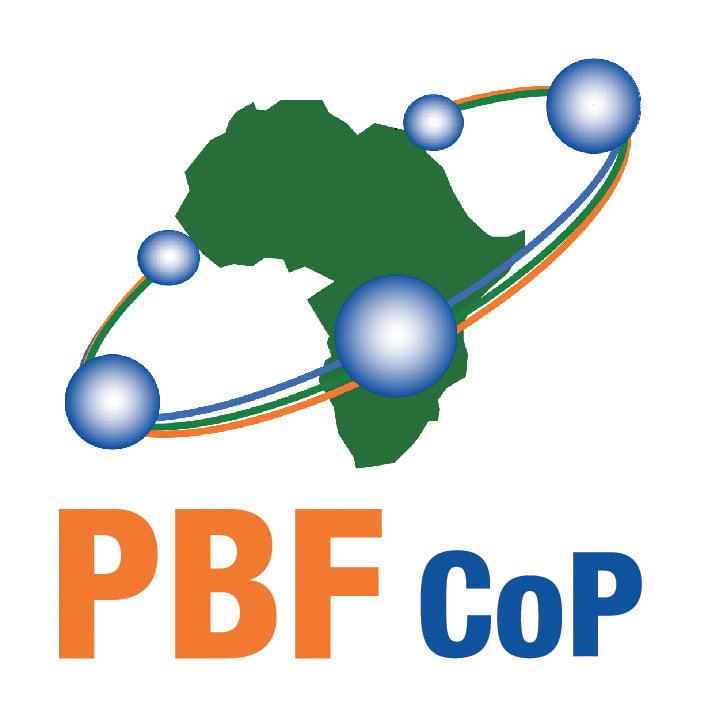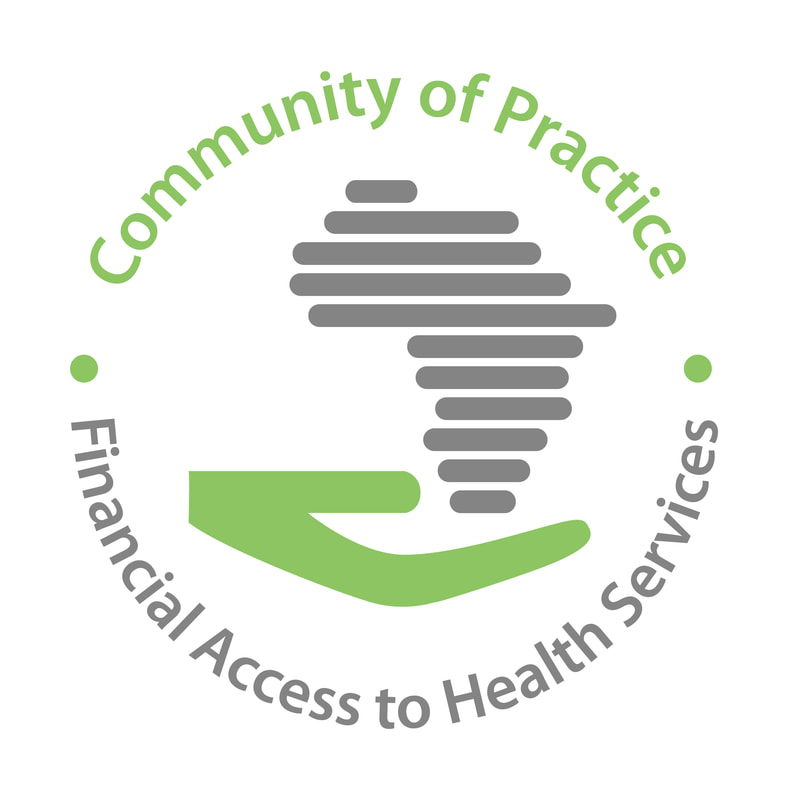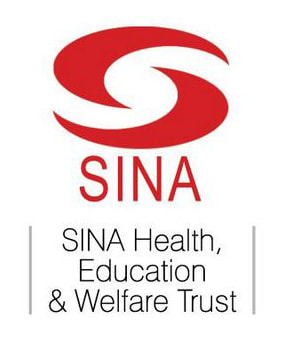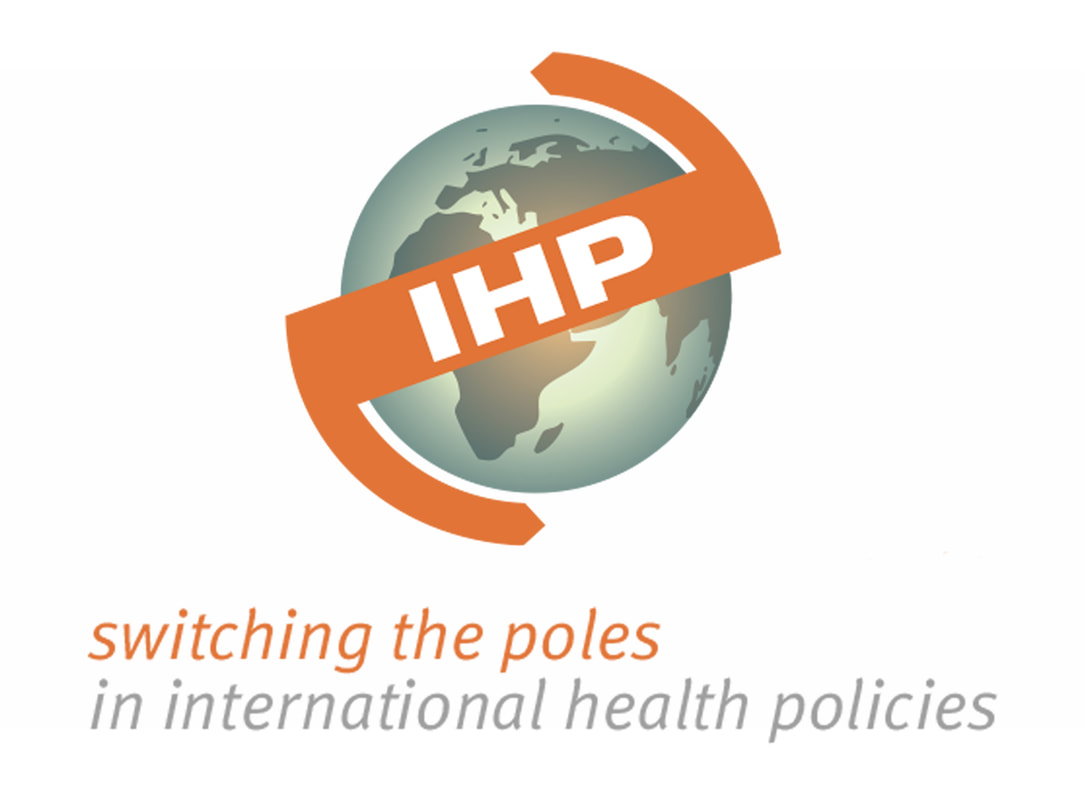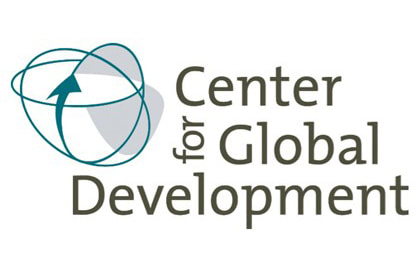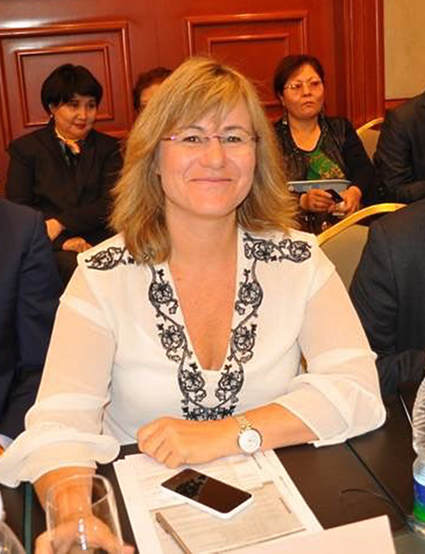 Melitta Jakab
Melitta Jakab That is a very interesting question and in all the countries I am working in, that question is very actual. First, I’d like to address the question why is this issue coming up and why we may want to think of other modalities than having the purchasing agency in the ministry of health. The issue we face when the purchasing agency acts as a department of the ministry of health and belongs to the core bureaucracy is that it is really bound by the rules of the overall public finance administration on how to pay and how to purchase and how to allocate resources. In many countries, this means strict application of line item budgets with often many categories of line items which doesn’t enable any kind of efficiency and quality improvement. So, in most of the transition European countries, a purchasing agency has been set up outside the ministry of health and only very few countries are left where purchasing function remains in the bureaucracy. Then the questions become: How far outside the ministry of health you want to establish this agency? How much autonomy do you want to give to this agency and over what? And then what will be the relationship of this agency with the ministry of health and the ministry of finance and the cabinet? So, in this we have different modalities, there isn’t a one-size-fits-all. There are countries that are trying to give some autonomy to this agency for example over day-to-day management or for example, over making the contracts with the providers, at the same time the accountability is very closely to the Ministry of Health.
An example would be when Kyrgyzstan established its purchasing agency, it had autonomy over day-to-day decisions, managerial autonomy, decision making autonomy, financial autonomy but the director of this agency was also a deputy minister of health. As a deputy minister of health, the director was also directly accountable to the minister of health. In this case the agency could not make new policies, the policies were made by the ministry of health; it is the ministry of health which for example decided on the benefit package or what kind of payment mechanism to use. The agency was a kind of executive agency implementing, at arm’s length, the policies designed in the ministry of health.
This was a coherent arrangement and this was sufficient enough to move this agency outside of the very strict line-item budgets and move towards strategic purchasing while keeping public funds in the Treasury and on budget for accountability and transparency. Then, just to stay with the example of Kyrgyzstan, ten years later, they decided that the agency needed even more autonomy and they needed to cut this link between the ministry of health and the agency. The motivation was more political than technical. They gave it full autonomy, they cut this link between the director of the agency and the ministry of health and now the agency became accountable to the government, to the Vice Prime Minister responsible for social affairs. At the same they did not define what that accountability really meant in this context, they gave it a lot more of autonomy but they didn’t define how the government is going to keep this agency accountable and they didn’t define how the agency will work with the ministry of health in order to develop and implement a coherent set of policies. We see that actually, when you’re moving further and further away from the core bureaucracy and the more autonomy you give to these agencies, you have to really think of their accountability structures: how will they be accountable to the ministry of health, to the ministry of finance, to the cabinet and to the population and how will their actions be coherent with health policies.
A good example of a country that has given extensive autonomy to its purchasing agency but also thought a lot about the accountability arrangements is Estonia. Their idea was that to catalyse change and inspire movement in a system, you can’t just move a little bit you need to move a lot outside of the core bureaucracy. Their social health insurance agency had full autonomy over all of its decisions. It has a supervisory board that’s keeping it accountable, but at the same time they also have a lot of instruments to be accountable to the public. Clear mandates for the board with strategic objectives, clear terms of reference for board members, clear rules of appointments with conflict of interest exclusions are examples of instruments they use to create transparency and functionality. Their annual report is one of the best practices in Europe on sharing information and reporting on strategic objectives to the cabinet, to the ministry of health and finance, and also to the public.
During your intervention, you talked about the importance of building the capacity of the agency in charge of the strategic purchasing but also of not forgetting the Ministry of Health…
Clearly strategic purchasing is a specialised function. It, thus, requires a lot of human resource capacity in building that new body. It also requires other capacities like contracting, like data capacity, information capacity, networks, analytical capacity and evaluation. In most of the countries where a new purchasing agency was set up, there was always a lot of attention from the development partners but also within the country to make sure that it flies, because it is a highly political commitment. So there is a lot of capacity building and capacity investment going along with it into people as well as into information systems.
One of the issues that came up is that all these agencies were receiving so much attention, but ministries of health and providers did not. These agencies grew immensely. They became institutions of excellence. They had funding, they had information, they had much better computers, they were trained how to do things, they were given frameworks, they were given tools, whereas the ministry of health staff often felt left behind. They didn’t have the resources, their functions were perhaps not clear and they didn’t have the same kind of information and data. So that created of course tension between the ministry and the agency.
Maybe such a tension is needed to open the eyes of the ministries of health? They have anyway to reinvent themselves, develop new skills such as data intelligence and system stewardship. Have you ever noticed that this tension triggered some positive momentum for the transformation of the ministry of health itself?
To be honest, I think this is a big point for us development partners and we need to work more on the issue of transformation, and capacity building. I think that tension is there in that way, but the room to manoeuver for ministries of health is very little to offer more competitive work places and improve staff retention. Typically, purchasing agencies have a little bit more room for manoeuvre, they can pay extra or higher salaries; the ministry of health can’t. Very often in civil service reforms in transitional European countries, ministries of health have had to reduce staff and often these have been agreed directions in overall public sector/public administration reforms supported by development partners. While all of this makes much sense, when it comes down to the health sector with a growing agenda, and complex sectoral plans, it creates a lot of difficulties in implementation.
These are not new problems, we have been working around them for decades and we need to be more demanding to ourselves to mark out new pathways for transformation. I think in Europe now, they have such a new opportunity, but it’s not initiated from the purchasing angle or health financing angle. We have an intensifying movement towards “health in all policies”. The idea is to recognize that health is a responsibility of the whole government. Building new roads, school programs etc are related to health. With this movement, there is a re-energization of the dialogue about health sector or ‘governance for health’ in quite a few countries with the creation of new governance structures. This approach is difficult but it is also inspiring. We probably need such new agendas to help ministries of health to discover their new strategic role. Linking the health financing agenda to this new whole of government agenda makes sense when UHC is part of the dialogue on SDG’s. I really do see an opening and a future here.

